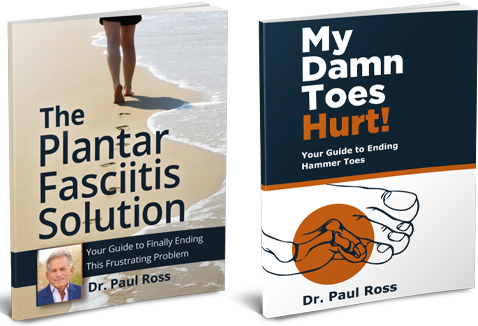
Hammertoe is a foot deformity caused by wearing certain types of shoes that constrict the toes or by abnormal foot structure. The deformity is a bend in the middle joint in the toe, generally affecting the second, third, and fourth toes. Hammertoe can cause pain with movement and pressure on the joint. Our specialist for bunion treatment in Springfield, VA, explains more below.
Symptoms
This deformity causes an obvious bend in the middle joint of the toe. This can cause pain and difficulty moving the affected toe. Hammertoes often occur alongside corns and calluses. Risk factors for this condition include older age, gender (women are more likely to get hammertoes), long toes (as they tend to bend inside the shoe), arthritis, and diabetes.
Causes
Causes of hammertoe include:
- Types of shoe. High heels, shoes without adequate toe room, and non-laced shoes can lead to hammertoes.
- Injury. Hitting, stubbing, or otherwise injuring your toe can lead to the development of a hammertoe.
- Abnormal toe muscles. If the tendon is too tight, this could be the cause of your toe being bent.
Prevention and Treatments
Buy shoes at the end of the day (when your feet are biggest) to ensure that your shoes fit properly and that you always have enough room. Avoiding high heels can also help prevent hammertoes.
If you are able to move your toe, treatments include getting well-fitting shoes and letting the toe straighten itself out. Orthotics may be recommended to provide extra support for your toes. There are certain exercises, such as picking up items with your toes, that our podiatrist may recommend to rebuild toe strength.
If these do not relieve your hammertoes, surgery may be necessary to release the tendon preventing your toe from lying flat. This can be discussed with our podiatrist during your evaluation.
Contact Our Specialist for Bunion Treatment in Springfield, VA, Today To Find Out More!
The information provided in this article is not meant to be medical advice and is for educational purposes only. If you would like to learn more about this and other podiatry-related topics, feel free to contact The Podiatry Center by clicking here or by calling 301-232-3764.

